When I get on the phone with parents, we often talk about how to teach healthy boundaries.
That’s not what they thought they were calling me to talk about. They thought it was how to explain to their child that they don’t want them spending alone-time with someone who sets off the parent’s creep meter. Or how to talk to their child about how the child is dressing. Or how to talk to them about consent. You get the picture.
How do you judge when to say yes, when to say no, when to go with the flow, when to compromise?
How do you teach your kids to have good judgement, so you can trust them out in the world?
I see bad boundaries everywhere I go, and it’s pretty simple: if it isn’t graceful, you can probably trace the problem back to bad boundaries. The parent or child is getting reactive because they didn’t know what to do to be heard before they just can’t take it anymore. The teen allows a bad situation because they don’t know how to stand up for themselves.
Many of us are self-centered without actually taking care of ourselves, and our kids are too.
You might rely on social norms to set your boundaries. If this is what’s expected by others, then this is what I should expect too. It’s a pretty good strategy, but it keeps us hiding behind our masks (telegraphing “I’ve got it all under control too”) and it just doesn’t work when it comes to sex, because arousal is so incredibly personal.
Here’s an anecdote from my life:
I remember being 13 and a family member put on a movie and invited me to sit on his lap, and I did, not realizing that his motivation was sexual. He moved to touch my breasts and I pushed his hands away. But I didn’t get up and leave. I let him nuzzle my neck, even though it made me uncomfortable, because I didn’t want to upset him by rejecting him. I thought of it as a compromise.
I didn’t know then that preferences can be compromised, but not boundaries. It’s a subtle but very important distinction that I teach my clients in our work on boundaries.
The keys to good boundaries are courageous vulnerability, clear communication, and a willingness to prioritize yourself. If any of those are missing, I wager that your child feels unseen and unsure what to do about it, and you’re feeling it too. If you’re willing to work on those three things, I can help you and your kids.
Boundaries are a foundational skill that no one taught us. We’re supposed to practice and get better at it over time, but many of us can’t see it clearly to get a good handle on it. If that’s you, let’s get on the phone together and see if my framework can help you too.
In support of you,
Anya
P.S. Are you registered for the webinars this month?
- For parents of 9-12 year olds: Talking to Preteens about Sex & Relationships: preparing them for a safe and healthy adolescence, May 11th at 9 am PST
- For parents of teens: Talking with Teens about Sex: how to have deep and connected conversations, May 25th at 9 am PST

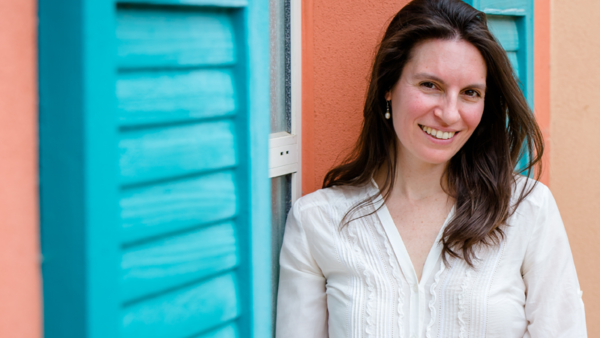
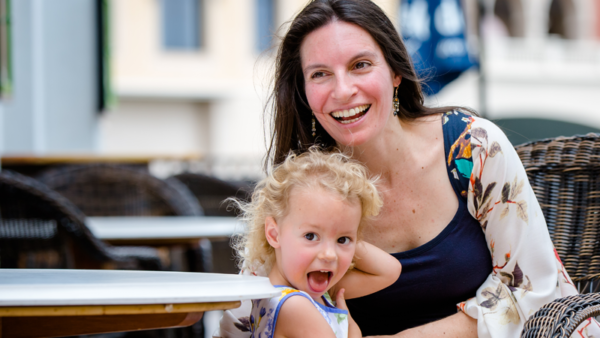
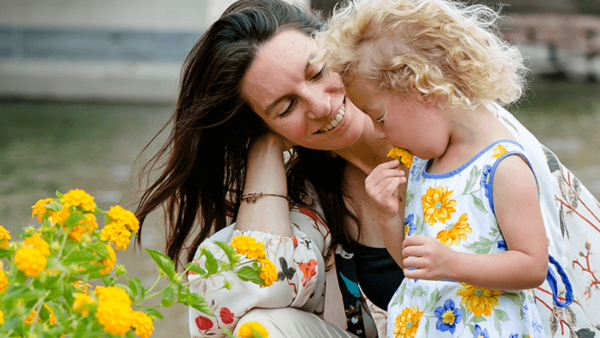


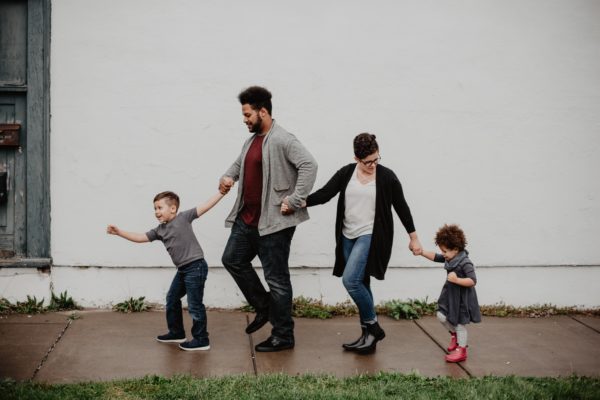
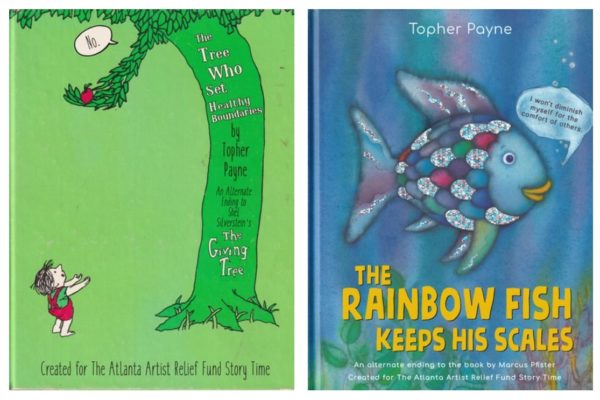

1 Comment. Leave new
“preferences can be compromised but not boundaries”
love that.
thanks!